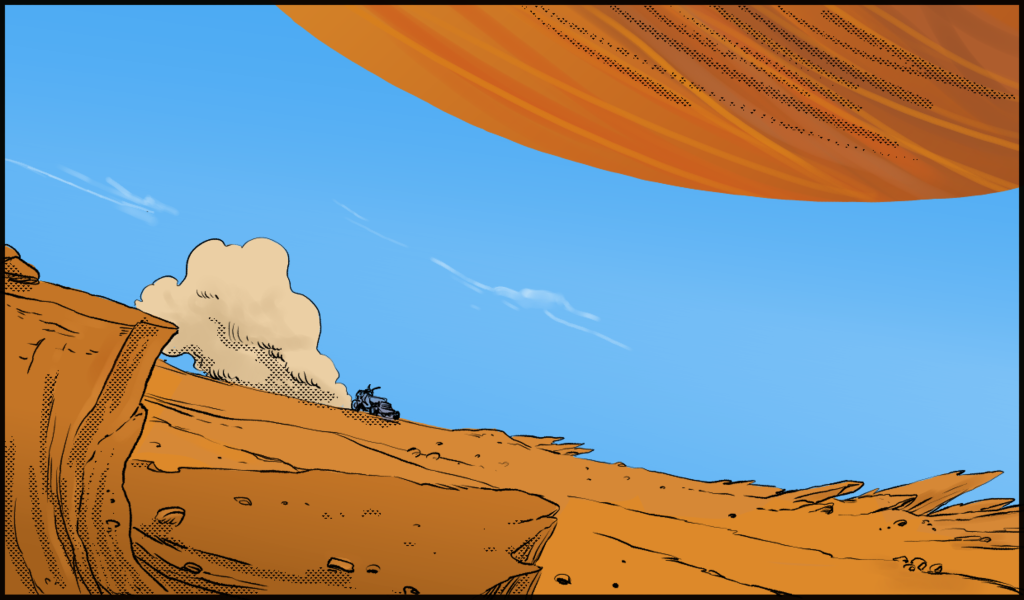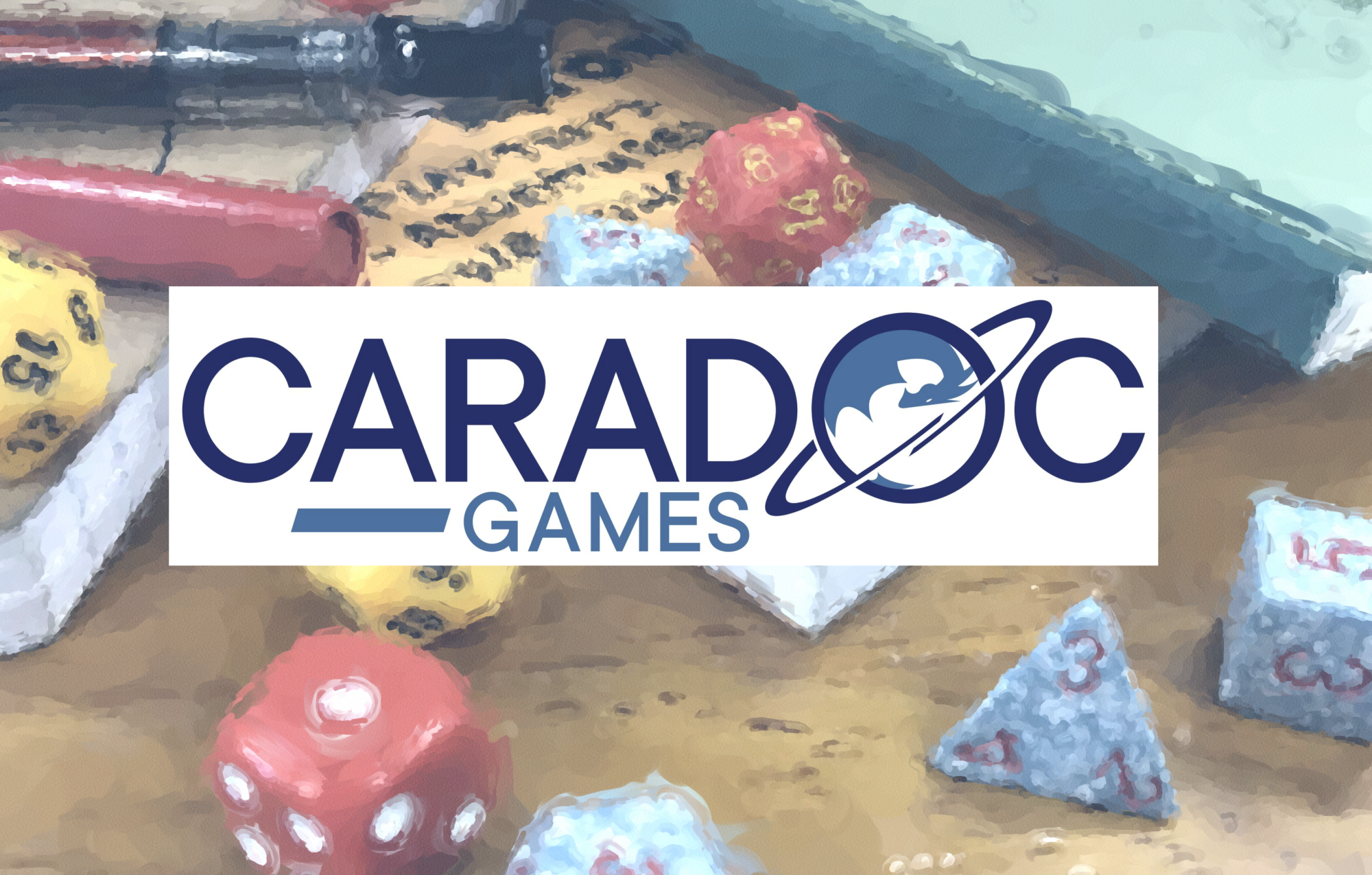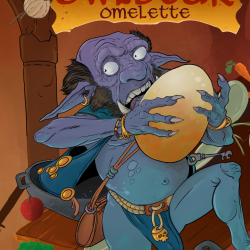I’ve been working on Ganymede Outriders for a while. The rules have been through many iterations, but none so dramatic and ironically circular as the changes implemented due to playtesting.

Playtesting is a vital component of game design. Of course it’s handy to see how the math behind the mechanical design holds up, and how all the cogs you carefully fit together actually turn when people are trying to do things with your system – these things are important. Perhaps more importantly it helps give you, the designer, a gauge on the feel of the game. It’s one thing to design a system that works, it’s another to see whether the experience of the players sits close to what you intended.
Ganymede Outriders was designed to be a high action game, a game where players feel like their characters are capable of success, and capable of beating the odds. It was designed as a game where the resolution of a test was quick, and the players had systems to mitigate bad luck, and take agency in the telling of the story. Playtests revealed that it did all of that, but not brilliantly. One of the players was beset by bad luck, and I mean a run of really bad luck over multiple sessions. The systems I had created to help lift a character out of that situation just weren’t pulling their weight, and the systems I had created to add complications and consequences were compounding it.
Now, sometimes bad luck is just that. A system shouldn’t be designed around outliers necessarily, and any game system that uses randomisers can feel like it’s blocking you if you happen to be consistently unlucky. But what the playtests showed, and what was half hidden behind the averages, was that there were a number of cogs that just weren’t fitting well together. The system designed to lift a character out of a bad fix wasn’t effective enough, whereas the system designed to implement consequences on the characters was quite effective.
These outcomes were the result of system creep – the addition and slight modification of the game rules over time, to add in this, insert that cool concept, and adjust the other thing. The math stacked up – on average – but if you happened to get behind it could become a vicious cycle.
Ironically the changes required to fix these issues pushed the game closer to the original rules, and as is so often the case, good changes came from pulling things out rather than adding things in.

In Ganymede Outriders players can spend their character’s Stress (a resource) to roll extra dice – why did I think that stipulating that this choice had to be made before the dice were rolled was a good idea? Well, I thought it added a fun push your luck element. The real result was that a player might try and push their luck, and just roll badly, lose Stress, which can lead to negative consequences, and things would only get worse from there. Not a fun element after all – and one that forced players to make a choice based on limited information. Removing that stipulation – that you have to decide before you roll the dice – was a small and simple change, but one that fed the push your luck feel rather than limited it. A player can roll, get close to a success, and decide to push their luck based on known information, rather than just gamble that they’ll need the extra dice. A small change, but one that had a profound effect on the feel of the game. Players were much more willing to spend their Stress to gain those extra dice because they could see that they were only a small step away from the outcome they wanted. The cogs I had hoped would work well but felt like they were grinding were suddenly spinning together smoothly.
It’s just one small example picked from many possible examples, one example of a rule that might have been easy to overlook, but which was having a negative impact on the very system it was designed to compliment. The adjustment – a simple enough change – is easy to write off as inconsequential on paper, but in fact has a significant impact on how the system feels in play.
Playtesting is important.
Ganymede Outriders is, I think, a pretty fun game system, and a pretty fun setting. When it releases it will be a small pocket-sized book jam-packed with game. When it’s released it will come with digital files that include a rules overview of the system, and a playthrough example. The rules themselves – the Drift System – and the setting of course – will all be available under the Caradoc Games Third Party License – so if you’re a creative and want to create adventures, new settings, or whole new games using the Drift System – you absolutely can, and you don’t have to pay a tithe to do so.




